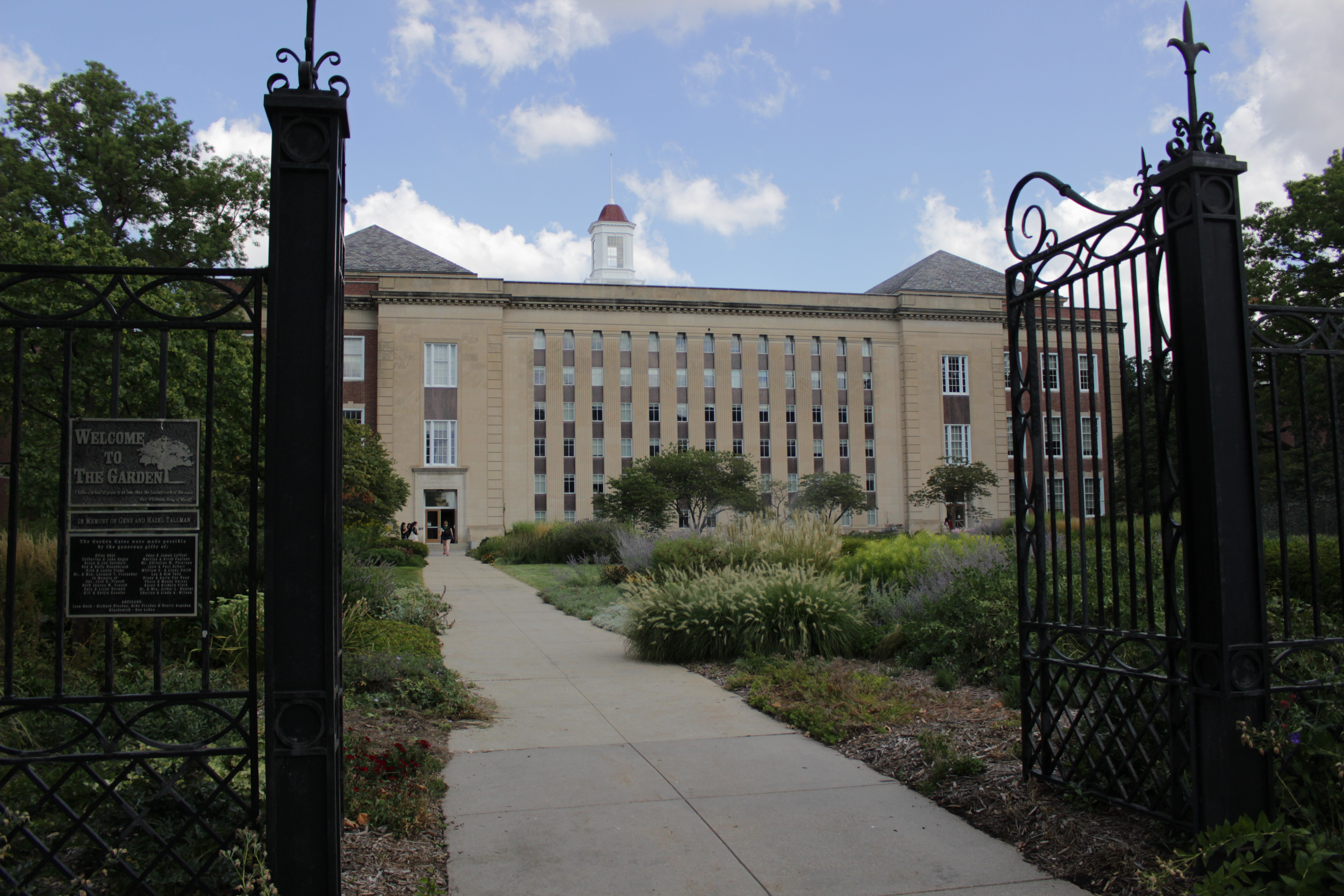
In 2025, the University of Nebraska–Lincoln Libraries is beginning a shift in approach to so-called “big deals” with major academic publishers, starting with journals published by Springer. Beginning in January 2025, the UNL Libraries no longer subscribes en masse to Springer journals. Members of the UNL community will begin to notice changes in February 2025, as the University Libraries takes alternative approaches to delivering Springer-published content. Your paths to accessing this content will look a bit different than they have in the past, but the bottom line for the UNL community is that the Libraries will continue to provide and broker access to the information resources needed for your research and scholarship, creative activities, and teaching and learning. We will pay close attention to usage and other data to adapt and refine our approach in the coming months and years.
The UNL Libraries is making this change based on organizational values, including those articulated in our strategic framework, "A Nebraska Model for Public Research Libraries," coupled with changed information landscapes. This change also creates opportunity for the Libraries to redirect our finite spending to other areas of need and impact. In an ideal scenario, we would have engaged the university community intentionally and broadly before arriving at such a decision, but recent contract negotiations demonstrated that we could no longer abide the status quo, and we had limited time to act.
Over the last 10-15 years, under the promise of low cost per title and immediate access to massive volumes of information, the largest corporate academic publishers encouraged and incentivized academic libraries to sign on to agreements that cost millions of dollars for each library over the life of a three-year or five-year contract. While this approach allowed libraries to provide predictable, unprecedented and immediate access to scholarly information at new scales, it left little to no flexibility for libraries to explore new information and data resources outside of these major, bundled packages. Annual budgets were always already pre-allocated in their entirety.
As the authors, journal editors, and peer reviewers of the articles published by these journals, you know well that practically no part of those millions of dollars paid to publishers has ever made its way to you for all your efforts. Meanwhile, in other cases, you have had to pay additional fees beyond the Libraries-supported subscription costs if you desired to publish open access and increase the reach of your research. Further, while this "big deal" approach appeared from some vantage points to create a somewhat more level playing field among research institutions’ access to academic journals, in particular, it also contributed to a homogenization of research libraries—other than for those libraries with major endowments.
These big deals also routinely locked libraries into historic pricing spends, with the added cost of annual inflation that far exceeded the rate of inflation on other goods and services for much of the twenty-first century. This reality meant that a library—including the UNL Libraries—found itself tied to pricing based on the successes or failures of first negotiations many years in the past. As a result, institutions with effectively equivalent numbers of students and faculty could see radically different pricing.
Consider what this approach might look like in other areas of life: Imagine going to a grocery store where the price you pay for staple items is forever based on whether you originally bought the items at a steep discount or at an inflated price, regardless of the actual cost of the item. Not only are you locked into your initial spend, you are also responsible for a rate of inflation determined by the industry and not pegged to objective economic indicators. Now imagine that you see the receipts of the customers just ahead and behind you in line, and you realize that they are paying a far lower price every time they buy the exact same staple items, whether because they happened to have a coupon or found the item on sale when they first purchased it—or simply purchased it at a historically low price point to begin with.
If I faced this scenario in a grocery store and had a path to say “enough is enough” and to create a more equitable system, I would certainly do so, and that is the philosophy I have brought to this decision as Dean of Libraries regarding our big deals with major corporate academic publishers.
In the coming months and years, the University Libraries will bring this and other conversations to the UNL community. We will seek your partnership in determining a forward-looking portfolio of information and data resources, among other investments in academic libraries as core research and learning infrastructure, that supports the remarkable scholarship and teaching happening on this campus, and that prudently stewards the resources entrusted to us.
Going forward the Libraries will:
• Maintain perpetual access to a decade (or more) of Springer content that we already purchased, including journals, e-books, and protocols.
• Continue to subscribe to our selected Nature titles and Springer Protocols.
• Add a rapid delivery service, called Article Galaxy Scholar, that you can use to request articles published in 2025 and onward from Springer publications.
• Purchase Springer e-books two-three times a year and will take purchase requests.
• Monitor data to help us make future decisions on subscriptions. Keep up to date on collection decisions and provide feedback.